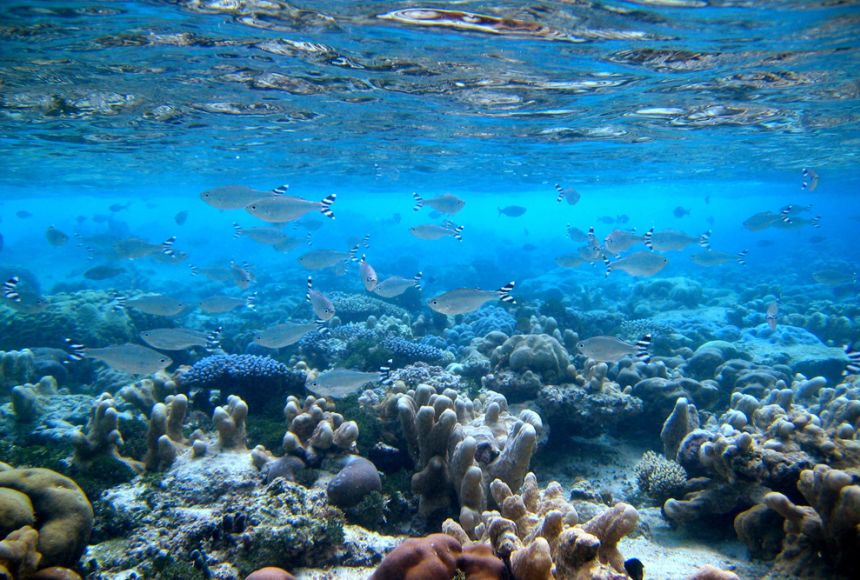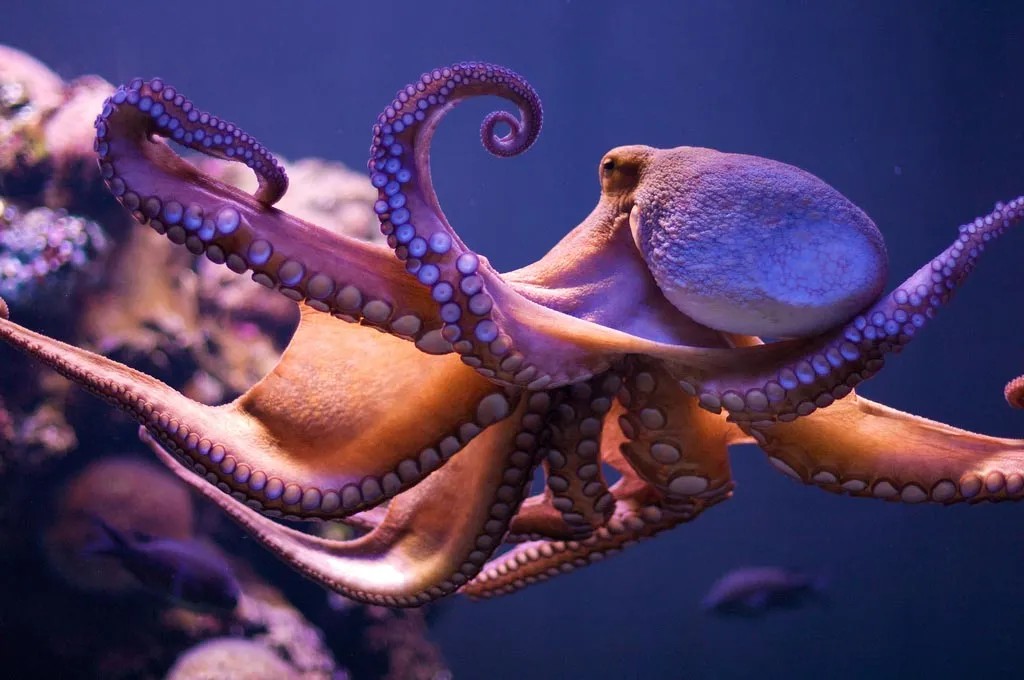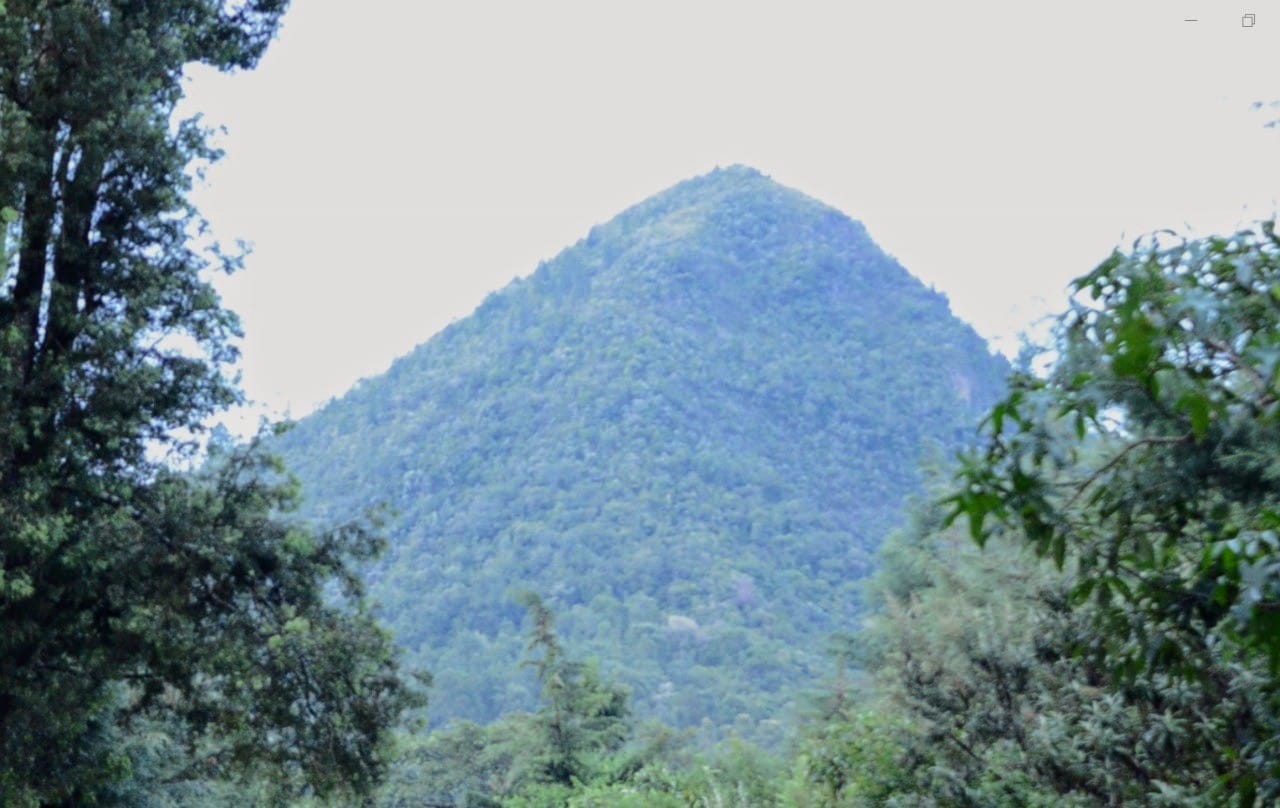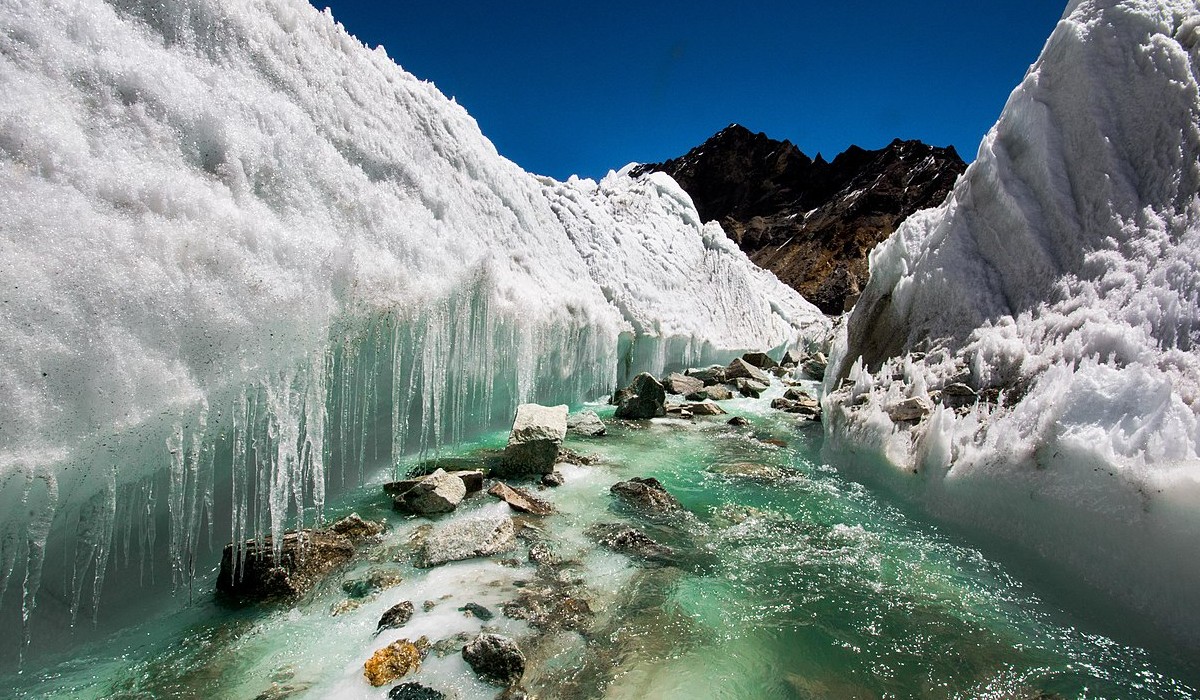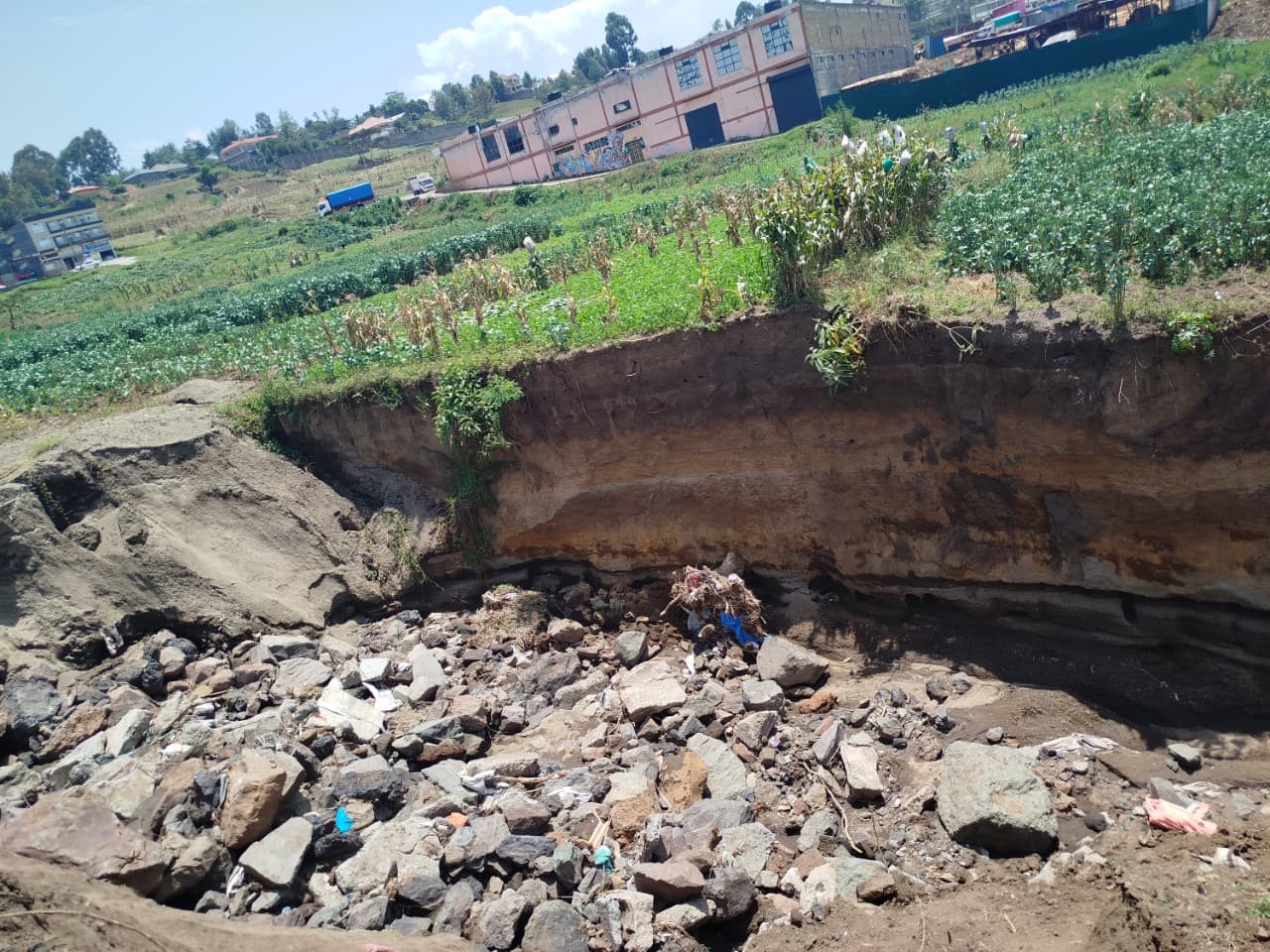- Established in 1968 and managed by the Kenya Wildlife Service, Watamu is one of the oldest MPAs in Africa. It forms part of a designated UNESCO Biosphere Reserve and is home to vibrant coral reefs, hundreds of fish species, and endangered marine turtles.
The ocean has long been seen as vast and powerful—endless in its ability to feed, heal, and shelter life. But today, that sense of abundance is giving way to uncertainty.
Coral reefs are bleaching, fish stocks are shrinking, and marine ecosystems are under stress like never before. Across the globe, rising temperatures, plastic pollution, overfishing, and unchecked development are putting enormous pressure on ocean life.
In response, countries and communities are turning to a powerful tool: Marine Protected Areas, or MPAs. These are specific zones where certain human activities are restricted to give marine environments a chance to recover. Whether it’s banning fishing, regulating tourism, or limiting development, the goal is to allow nature to restore itself—and it’s working.
In well-managed MPAs, scientists have observed more fish, healthier coral reefs, and greater biodiversity. Not only do species bounce back, but nearby areas often benefit too.
Fish move beyond protected borders, helping replenish surrounding waters and supporting nearby fisheries. In some regions, MPAs have even become hubs for eco-tourism, generating income while preserving fragile ecosystems.
Read More
One such example is found along Kenya’s north coast, where Watamu Marine National Park and Reserve protects a rich stretch of ocean that includes Turtle Bay Beach.
Established in 1968 and managed by the Kenya Wildlife Service, Watamu is one of the oldest MPAs in Africa. It forms part of a designated UNESCO Biosphere Reserve and is home to vibrant coral reefs, hundreds of fish species, and endangered marine turtles.
Conservation efforts in the area include beach patrols, turtle monitoring, and community outreach programs aimed at promoting sustainable marine practices.
While extractive activities like fishing are banned inside the park, surrounding waters support small-scale, traditional fishing that aligns with long-term conservation goals.
What makes these spaces truly powerful is when they involve the people who live closest to them. Around the world, local communities are stepping up to care for their seas.
From reef monitoring in Southeast Asia to community-managed conservation in East Africa, people are proving that ocean protection isn’t just about science—it’s about stewardship, identity, and survival.
Still, there are challenges. Some protected areas exist only on paper, with no real enforcement. Others are established without involving the communities who depend on those waters.
And while global efforts like the UN’s “30 by 30” plan aim to protect 30% of the world’s oceans by 2030, progress remains uneven. Less than a third of existing MPAs meet basic standards for effective protection.
Despite the setbacks, momentum is growing. In 2023, after nearly two decades of negotiation, the United Nations finalized the High Seas Treaty—also known as the Biodiversity Beyond National Jurisdiction (BBNJ) Agreement.
This landmark deal enables the creation of Marine Protected Areas in international waters, which cover nearly two-thirds of the global ocean. While over 190 countries agreed to the treaty’s text in March 2023, it will only become legally binding once at least 60 countries formally ratify it—a milestone expected to be reached by 2026.
The treaty marks a major step toward protecting the parts of the ocean that lie beyond any one nation's control. More countries are investing in marine conservation, and more people are beginning to understand that a healthy ocean is not a luxury—it’s a necessity.
Marine Protected Areas may not solve every problem facing the oceans, but they represent one of our best chances. By giving the sea time and space to heal, we also protect the future of food, livelihoods, and climate balance. The ocean, after all, connects us all—and if we protect it, it might just protect us in return.

